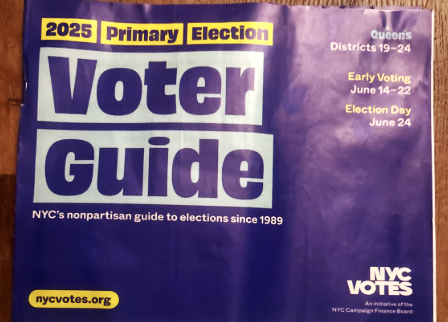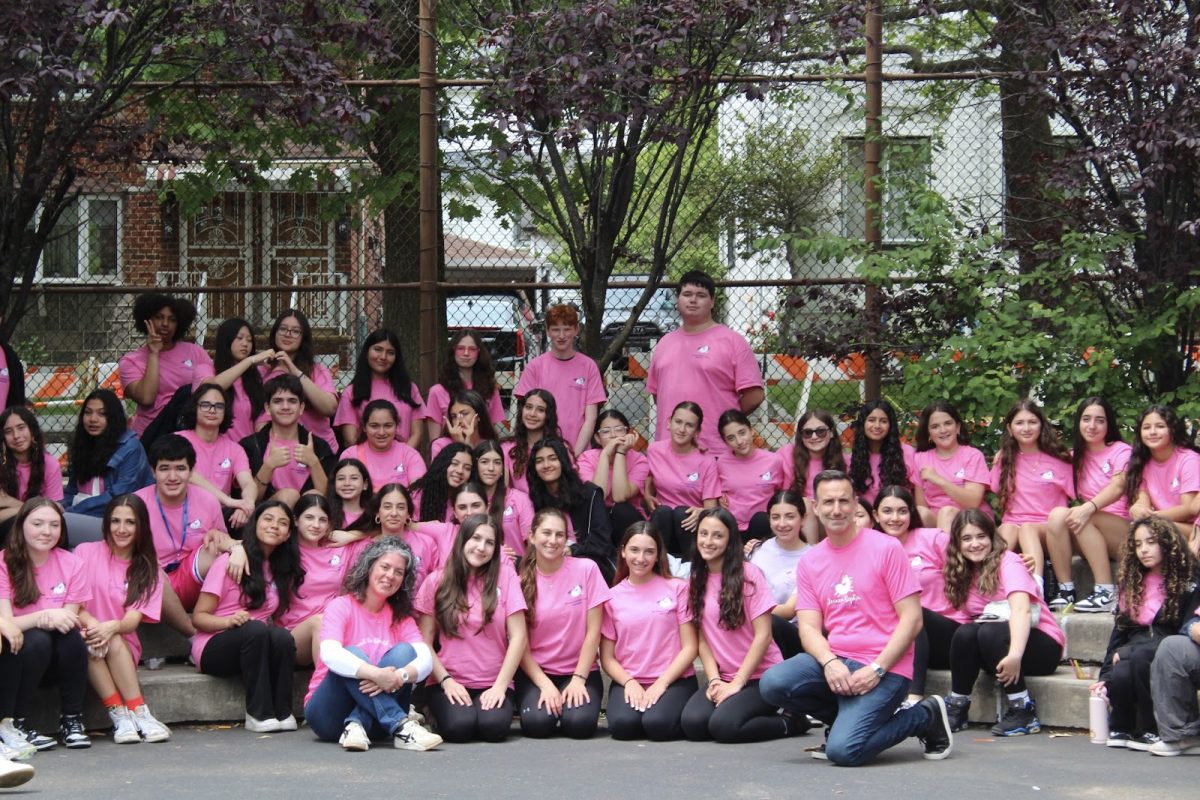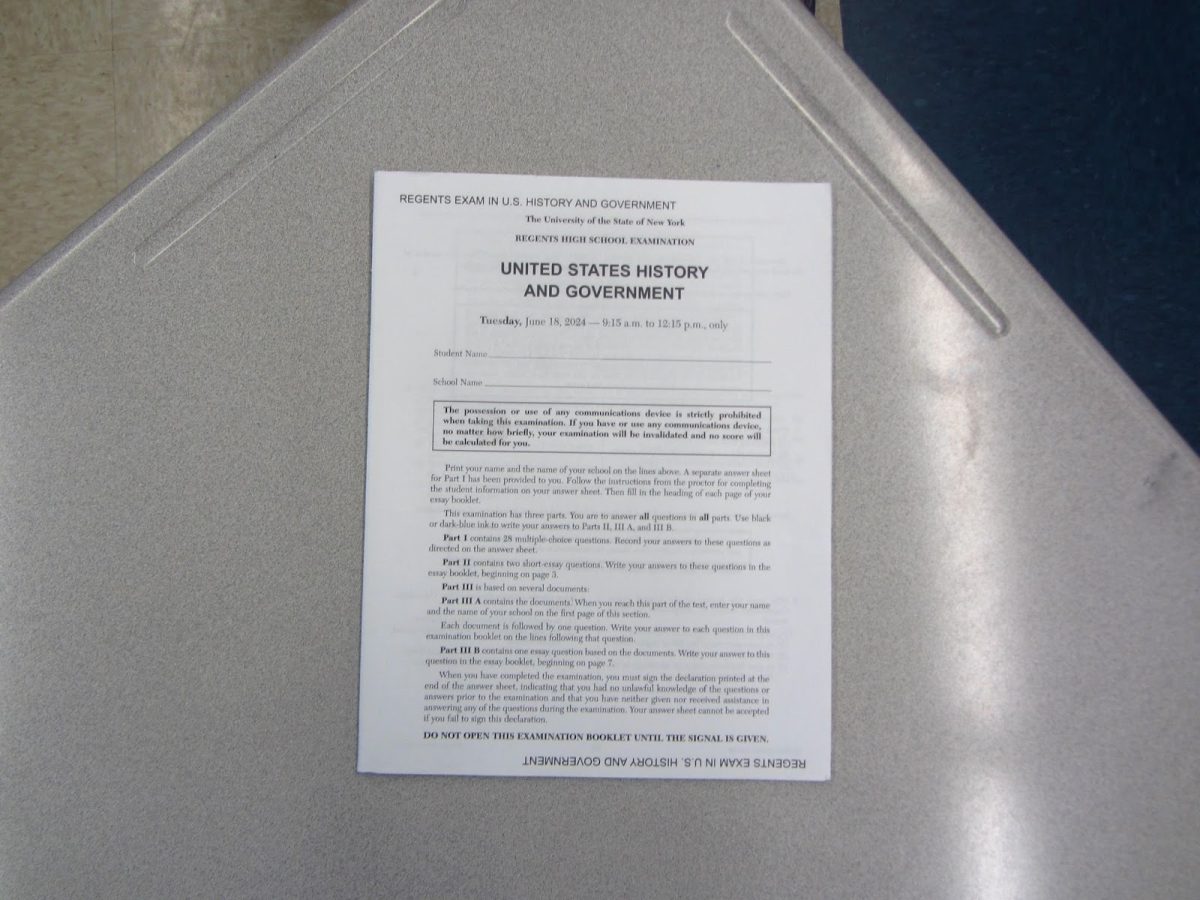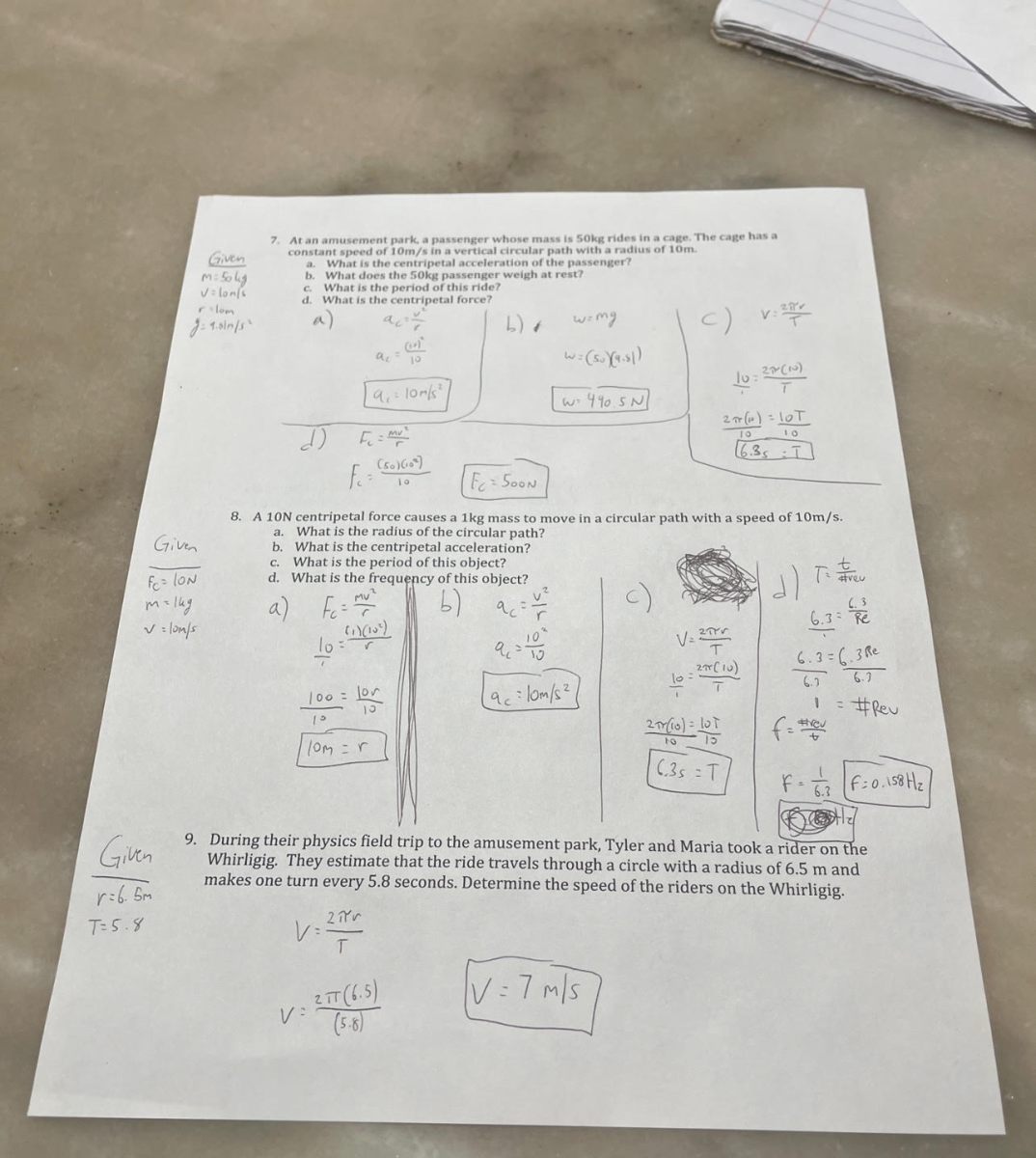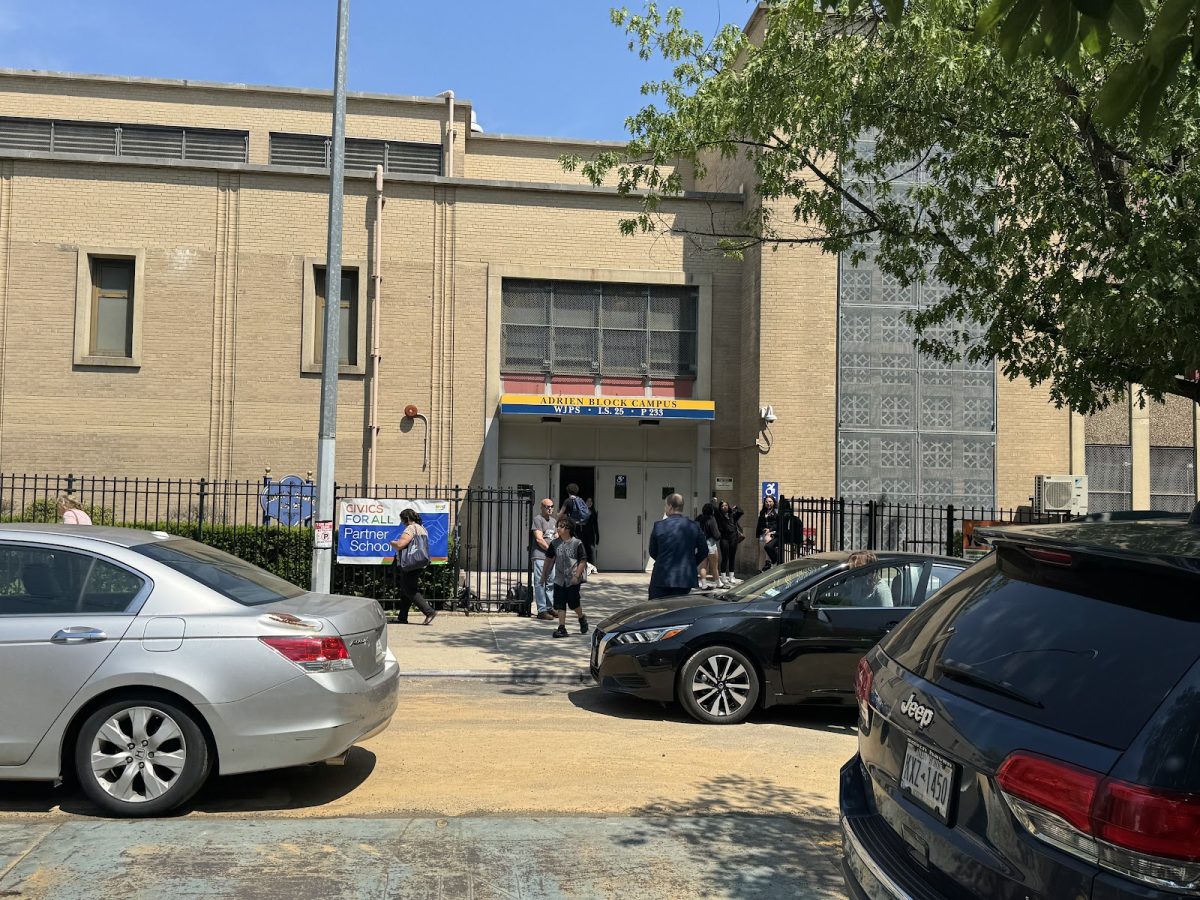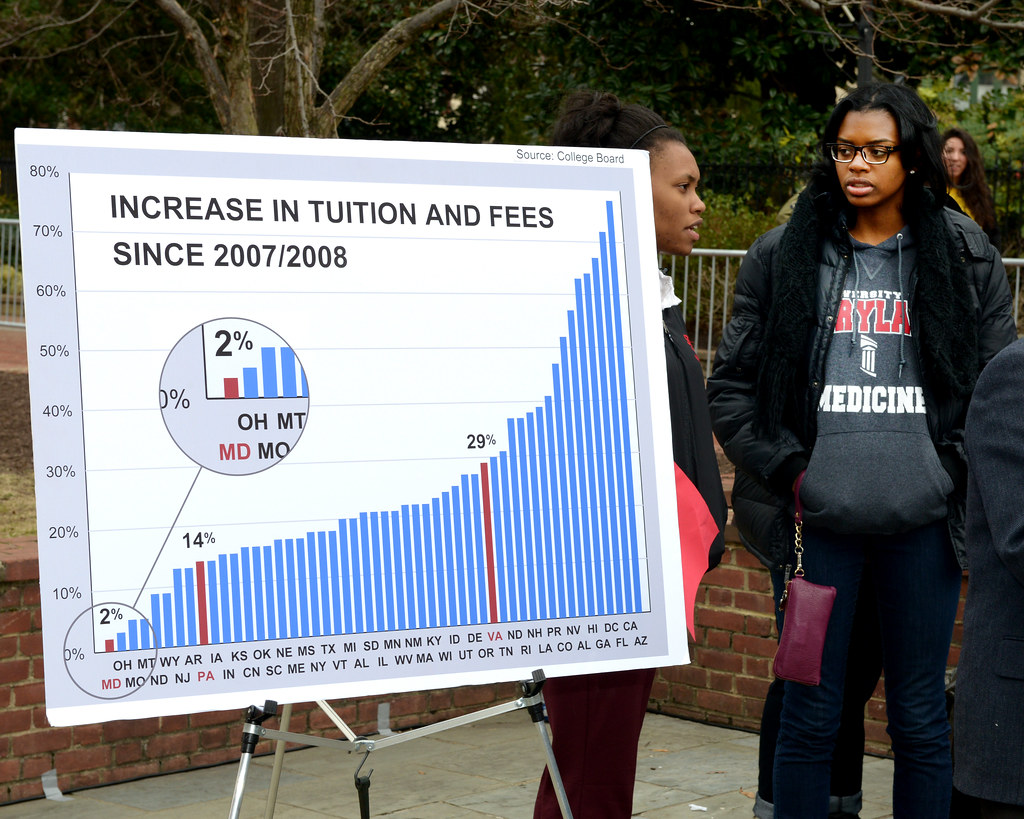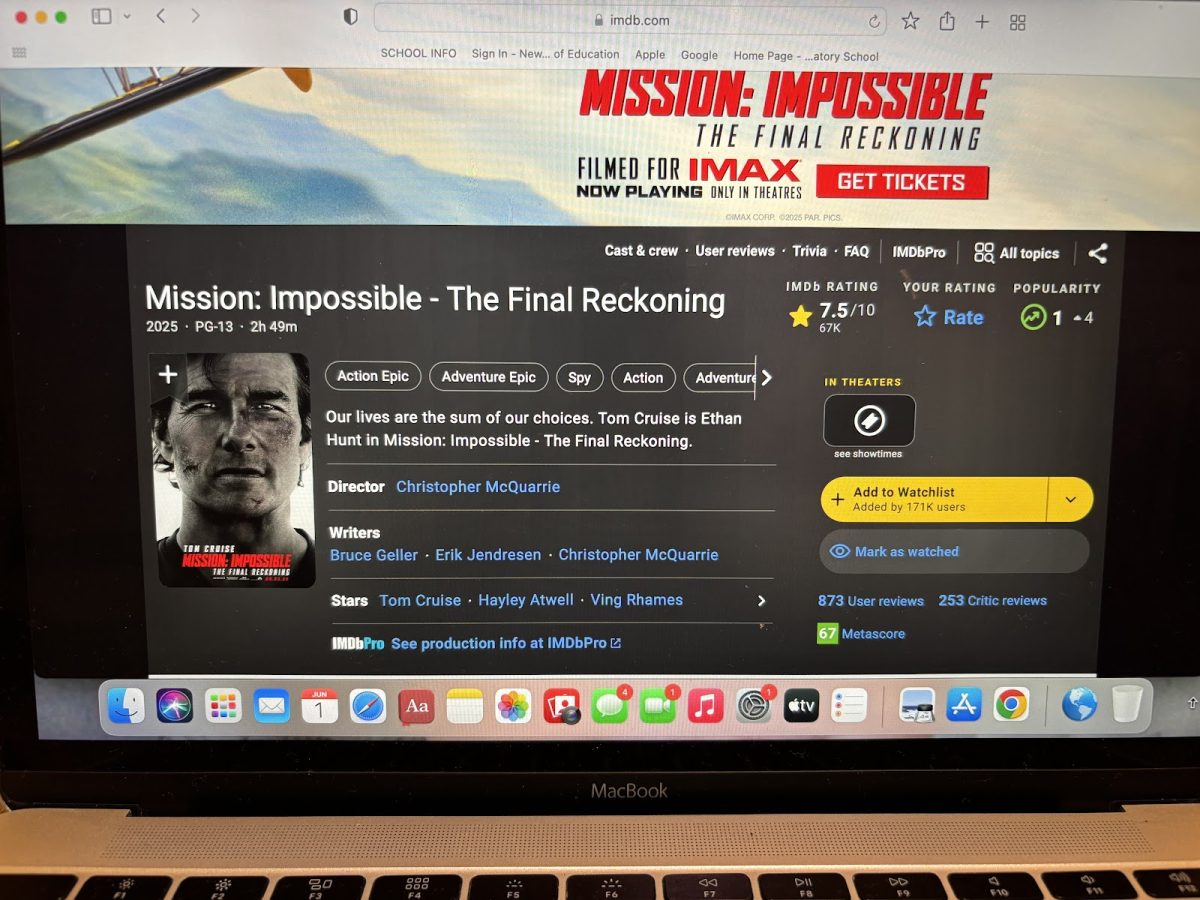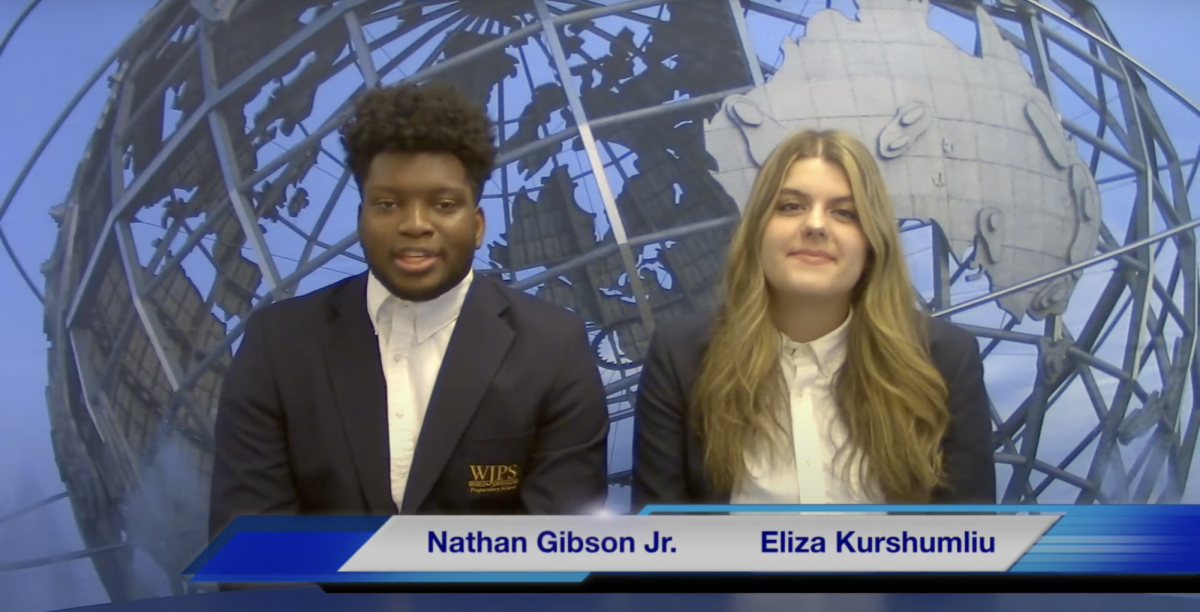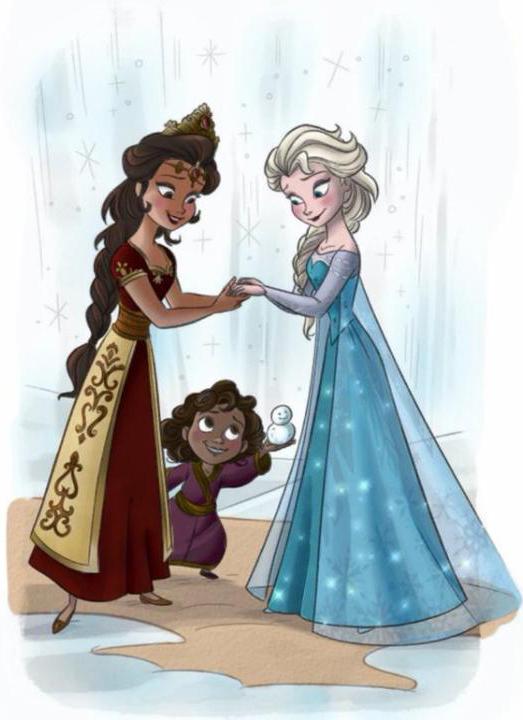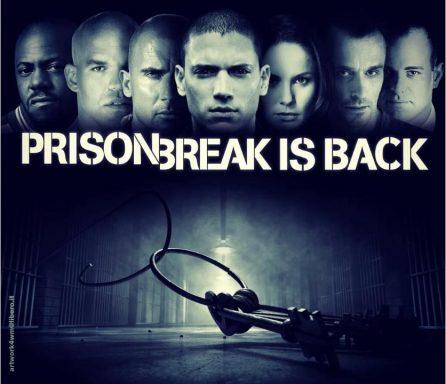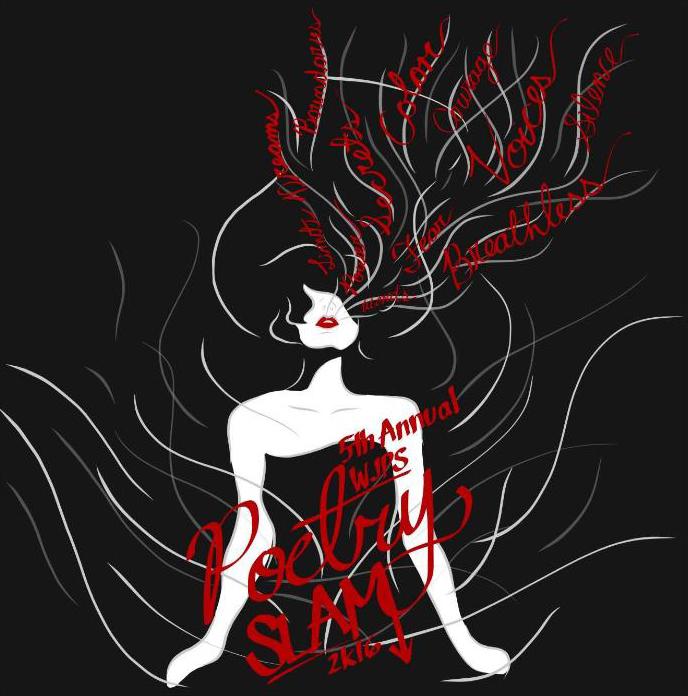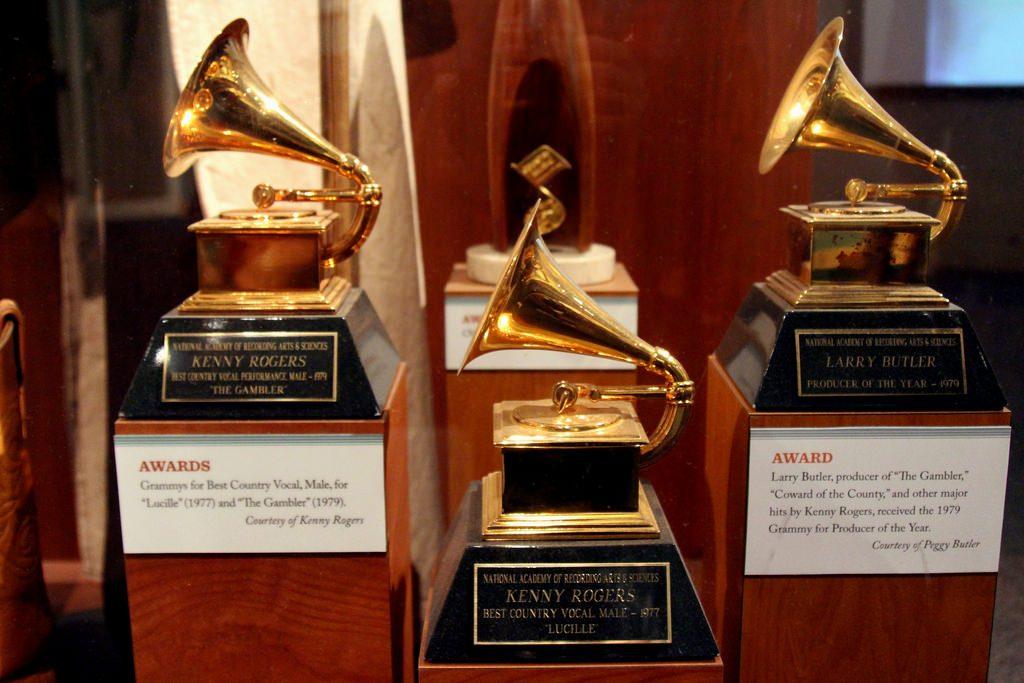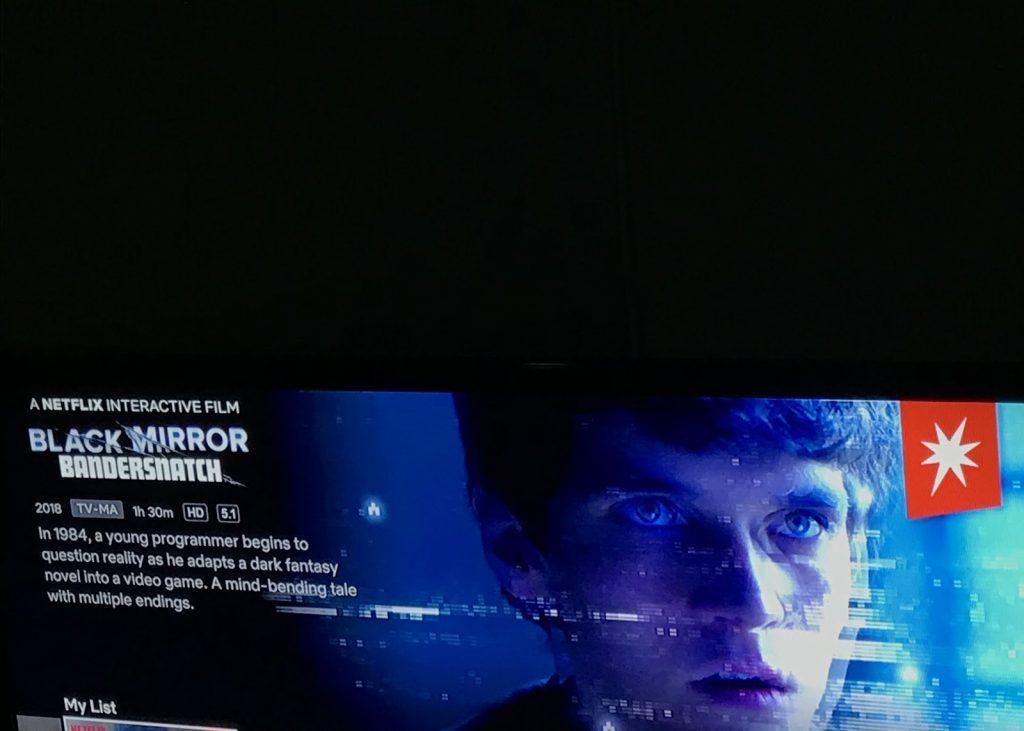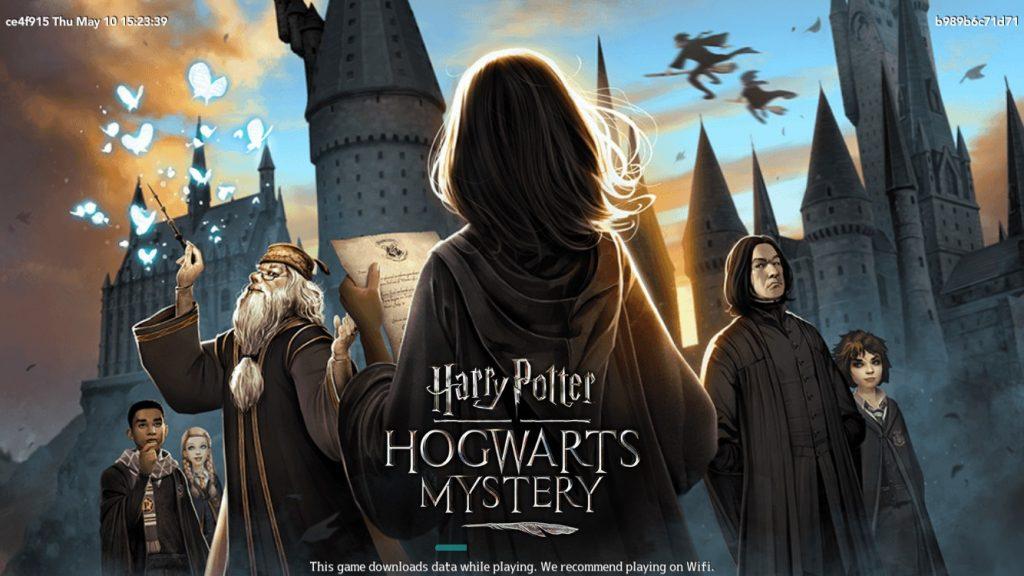by Leanna Tabora, junior entertainment editor

When a movie is released into theaters about a historically famous person, audiences get the first impression that the movie will be a visual biography about that person’s life. On January 9, Selma answers all controversy that was stirred in past years by society.
Selma takes place in the mid-1960’s during the Civil Rights Movement in America, led by Martin Luther King Jr (David Oyelowo). It particularly provides a historical context about one aspect of the movement.
As the title displays, the movie focuses in Selma, Alabama where Dr. King and supporters of the Civil Rights Movement campaign and raise awareness about unfair racial segregation in Southern America.
Dr. King’s struggles and obstacles for leading the Civil Rights Movement was portrayed very well and quite frankly shows the real truth behind it. There is no other possible way director Ava Duvernay could dramatically, emotionally, and intensely reveal these historically significant events to the movie’s audience. The crucial Selma-to-Montgomery marches that Dr. King led were perfectly portrayed in the movie.
Marches were the main focus of the movie, and definitely have the ability to touch hearts more than expected before even walking into the movie. The multiple encounters of African Americans marching and police troops in Alabama are extremely violent and scary, with buttons and whips being used as weapons to horribly murder and harm African Americans peacefully fighting for their rights. They are violent in a scary matter, but it’s also so scary how true they are.
“It was all pretty cool. The way the marches were shown were great. It was interesting to see what happened at the times during the march,” seventh grader Charlie Lomonaco said.
What’s also extremely scary in the most impressive way possible is the cast’s performances in the movie. Most significantly, Oyelowo’s performance as Martin Luther King. Most significantly, Oyelowo’s performance as Dr. King made the audience feel as if they were taking part of the audience listening to the speeches during the time period.
Dr. King is known for his strong and emotional speeches, and this movie definitely portrays them perfectly. Oyelowo’s British accent is well hidden by his vigorous, emotive, and powerful tone of voice and language through his speeches, and even through one-to-one impassioned conversations he has with other characters.
Dr. King displays such words, emotion, and positivity in his speeches that are completely influential and heart-touching. Just witnessing short glimpses of Dr.King’s speeches in the trailer are nothing at all compared to witnessing them in full length on the movie screen. The boost that Dr.King builds up when he preaches doesn’t just affect his casted audience in the movie, but every single person going to see the movie as well.
Oyelowo’s performance as the leader of the Civil Rights Movement also isn’t just simply played perfectly, but reveals the blood-curdling and spine-raising actuality of the life-changing movement.
Oyelowo perfectly displays the struggles, pain, and sentiments into his performance as Dr. King to exhibit how important the world, especially America, needs to view Dr. King as one of the most significant historical figures in American history. Specifically Oyelowo’s performance displays a modern adaption of Dr. King’s life, and it’s definitive to prove to the audience the relevance of Dr. King’s significant role in society.
“Oyelowo played the role very well. He displayed true emotion for what African Americans were going through at the time and what they wanted, and it was perfect,” freshman Clarence Saunders said.
However, Oyelowo’s performance isn’t the only one to have a moving impact on audiences. Dr. King’s wife, Coretta (Carmen Ejogo), Annie Lee Cooper (Oprah Winfrey), President Lyndon B. Johnson (Tom Wilkinson), Governor George Wallace (Tim Roth), and the campaigners for the Civil Rights Movement are all characters that will spark strong emotions throughout the movie.
As emotionally gripping as Dr. King was, Coretta’s life is problematic due to Dr. King’s struggles as the leader of the Civil Rights Movement. She has many issues with her husband, but her poignant performance is shocking yet passionate as it is revealed to the audience the relationship between Dr. King and his wife.
Not to mention Cooper, a woman who opens up the movie attempting to receive her application to vote, exhibits the struggle that African American citizens were facing in a 1960’s racist America. Her old age doesn’t just make it more sorrowful as she is assaulted by police troops for peacefully fighting for her rights, but the audience is reminded of how horrifying it was for non-white citizens in America to live.
Winfrey brought a perfect rendition along with Oyelowo to move audiences along with them in the Civil Rights Movement. President Johnson was played so horrifyingly realistically by Wilkinson. Throughout the movie, there are times when President Johnson is hated and loved because of his actions and words. He perfectly portrayed a leader of America who was vastly threatened by a Civil Rights activist trying to alter ways of America that only Johnson had the right to control.
Governor Wallace of Alabama is one ruthless and racist leader, but audiences will be surprised by his performance and realize how heartless and cruel leaders in the South treated African American citizens at the time. There is a conversation scene between him and President Johnson towards the end of the movie that is so powerful and moving, it will leave the audience with raised eyebrows along with both a positive and negative strong impression or thought of both politicians.
The structure of this movie is also impressive and wonderful. This biographical (biopic) doesn’t begin at the start of Dr. King’s life or right at the beginning of the Civil Rights Movement, but at an important time in the movement. It perfectly displays the major struggles and moments, along with the Selma march. Everything is in chronological order from the beginning to the end of the movie, making it a completely well-organized and non-messy/non-confusing movie.
There are certain scenes that are based off of real events, as the movie captions them with “what the event is, LOGGED” to tell the audience that those specific scenes actually happened. By “LOGGED,” the movie is stating when and where the event is taking place.
Each moment, each speech, and each march are put together so well with the help of the director, cast, and writers. The third act slowed down just a bit but that doesn’t mean it wasn’t perfect at all. Everything about this movie was perfectly structured to give a visual representation of the Civil Rights Movement. Audiences will absolutely love how everything is put together in this movie.
“It was absolutely fantastic. It really showed the behind the scenes of the reality of the Civil Rights Movement that won’t be shown in other movies,” science teacher Mr. Van Deurs said.
Selma isn’t just an ordinary biopic drama. It’s a unique one; with unforgettable characters and scenes that will leave audiences with a whole new impression of the Civil Rights Movement. This movie is definitely recommended to any movie lover out there, even if the Civil Rights Movement doesn’t affect them in any way.
This film is guaranteed to touch and move the hearts of every person who goes to see this movie. America is also reminded how significant Dr. King was to the country through this film. The movie crucially displays that without him, America would be stuck in the 1960’s.
Rating: 10/10

